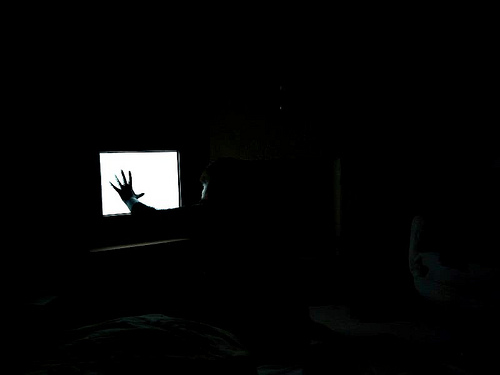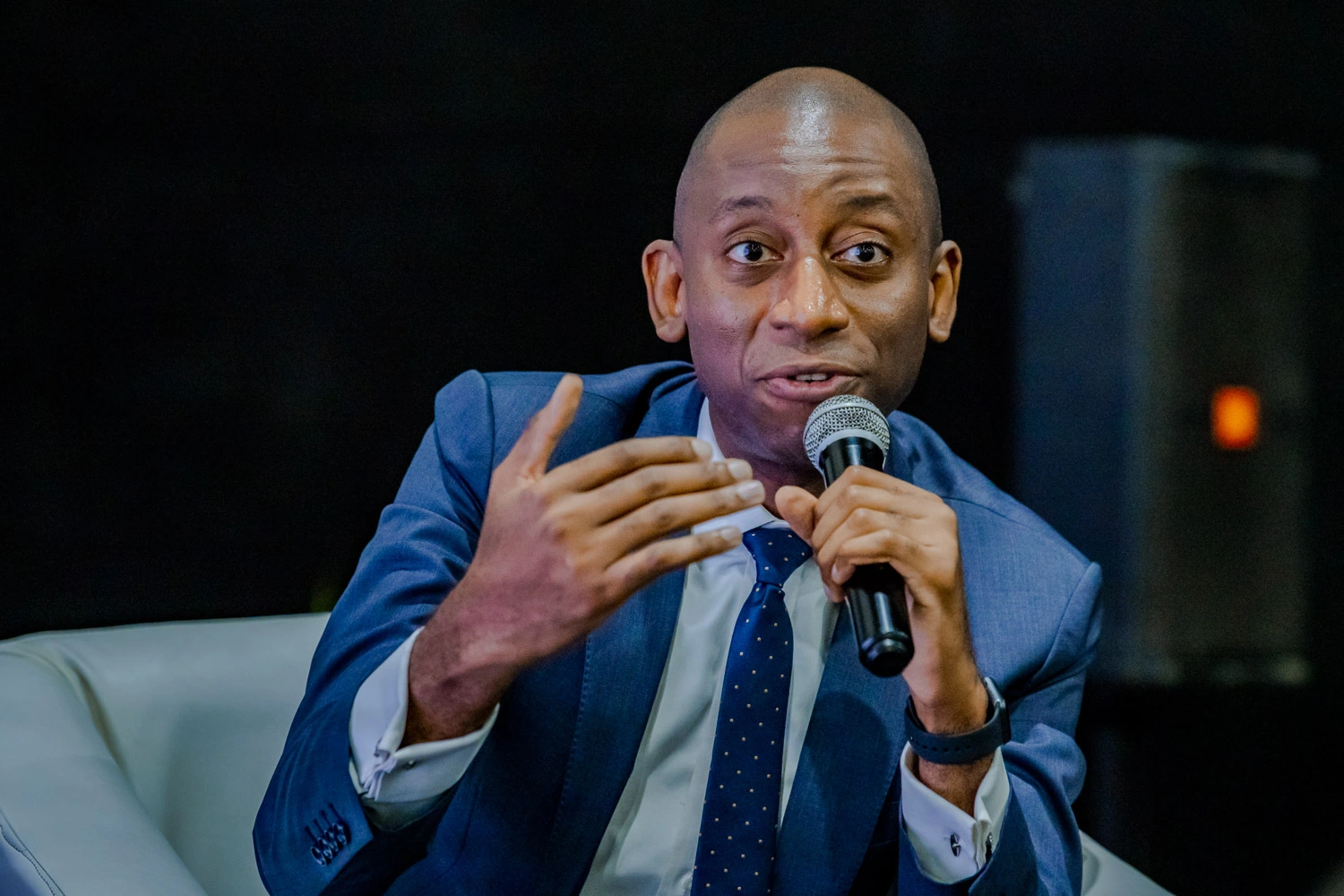
A lesser percentage of Nigerian consumers’ expenses on TV and media entertainment now goes into buying pirated materials as reasonably-priced VOD and pay TV services become available in the country.
According to data from Ericsson Consumer Lab’s TV and Media report for Nigeria, with TV and media services accounting for 43 percent of Nigerian consumers’ entertainment expenses, as much as 27 percent is spent on pay TV and 16 percent on pirated materials.
Video streaming though has become more popular in the country with more affordably priced options available (the most visible being Youtube, Facebook and iROKOtv), the percentage of streamers (24 percent) is far from the global average of 76 percent.
The majority of consumers surveyed identified high cost of internet and slow download speed as factors responsible for the modest streaming percentage. Regardless of these factors, more consumers of video content in Nigeria are doing so via their mobile devices (smartphones, tablets, and laptops).
The report also shows that more Nigerians want to watch TV and video content on their own terms. Fifty one percent of the 24 million consumers surveyed want to choose when they consume video content as opposed to following a schedule.
Although TV remains the most popular platform for video consumption, 64 percent of the time spent watching videos is on mobile devices. What this means is more people own TVs but fewer people are spending time camping out in front of it.
One of the reasons for this shift in the choice of video consumption from TV to internet is the spike in smartphone ownership – 14 percent of smartphones in Africa are in use in Nigeria. Another reason is the rise of mobile internet subscriptions (which are usually the most accessible compared to expensive fixed broadband).‘
Photo Credit: McFarlandmo via Compfight
















